Top 10 Parts of Bodies That Smart Phones Are Destroying
Here are the negative social or psychological effects of phone addiction. Not even disturbed sleep habits are being expressly discussed here. Let's go over the ... read more...harm that excessive usage of mobile devices causes over time, body part by body component. Let's start at the top, as the proverb goes.
-
The sciatic nerve, which extends from the lower spine to the foot, is the longest nerve in the human body. It has been found that carrying a smartphone in the back pocket of your pants puts unnatural strain on the sciatic nerve, similar to the pressure that heavy smartphone use puts on the ulnar nerve but more directly.
If you're wondering why smartphones would cause this problem instead of, example, a tool belt or a gun belt, you should know that those do, too. Moving the problematic equipment to the front appears to be a universally applicable, straightforward solution. Don't worry if you're concerned that your front-pocket smartphone can endanger your sperm.
The University of Utah Health Hospitals and Clinics reported in 2014 that the use of mobile devices had a maximum 8% impact on sperm counts, more than enough healthy sperm to make the trade-off worth it to prevent sciatic nerve issues.
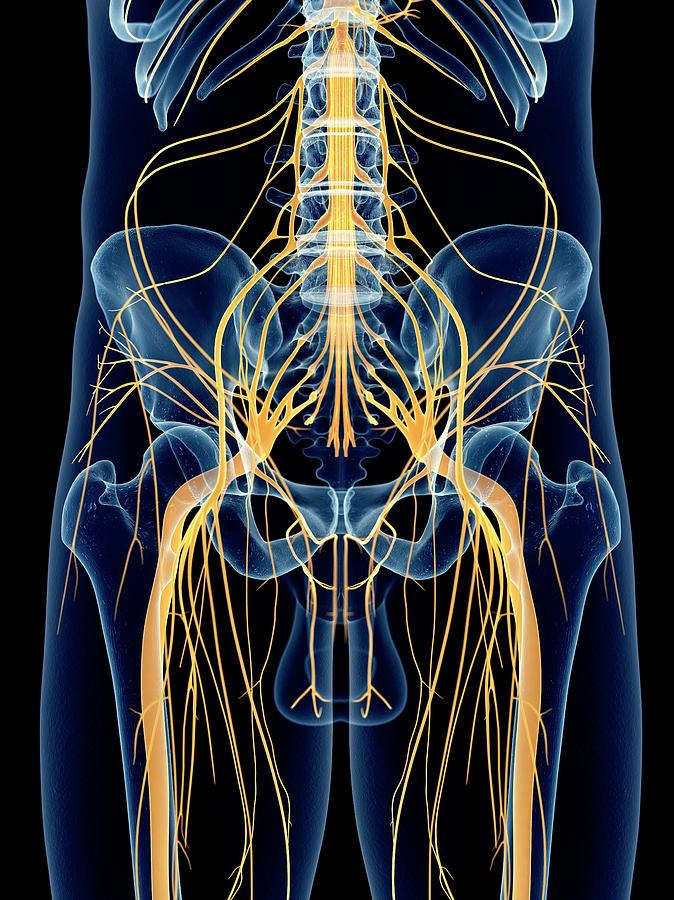
https://pixels.com/ 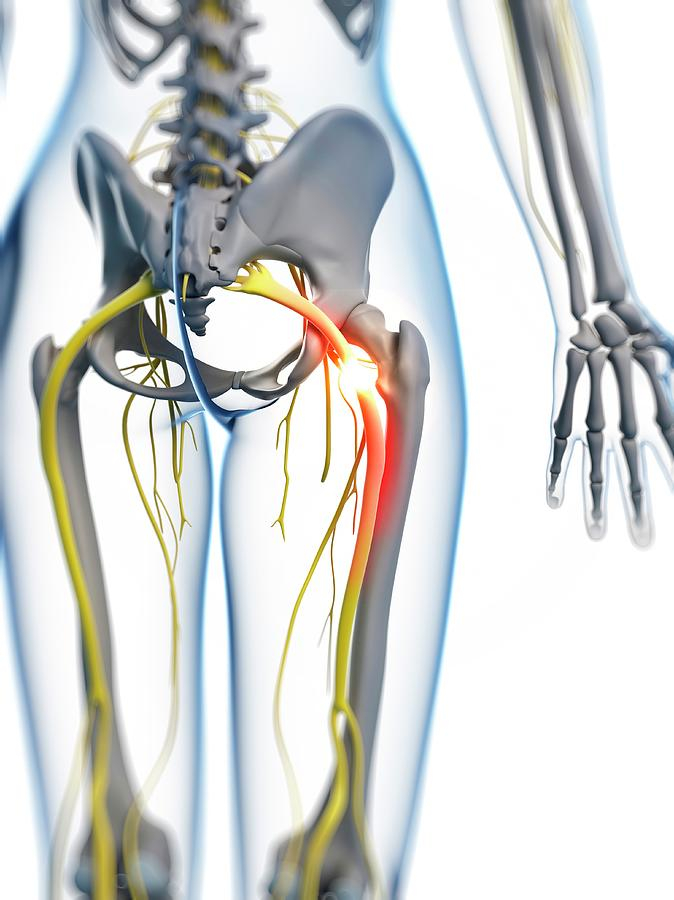
https://fineartamerica.com/ -
If you were concerned that individuals might become so frail that they would find it difficult to even hold up a phone, you should know that the issue is not with holding the phone up. The thing we should be concerned about is swiping the fingers. An October 2021 Washington Post article on the subject promoted the phrase "smartphone pinkie" for the impact of excessive phone use on the digits, but fortunately that doesn't seem to have caught on. The peculiar ways that fingers move to scroll across sites on smartphones have been linked to conditions such as tendonitis, chronic pain, and even loss of use of the index finger and thumb, a disease nicknamed "trigger finger."
Duc Nguyen, an orthopaedic physician at John Hopkins University, recommended a variety of treatment options, including frequently changing the way the smartphone was held, using handheld devices, or getting a pop socket to distribute the weight more evenly across the fingers. However, it should be noted that according to Ventura Orthopedics specialist Josh Gluck, the ulnar nerve is not related to the fingers, therefore protecting the fingers and wrist won't put Cell Phone Elbow at risk of worsening.
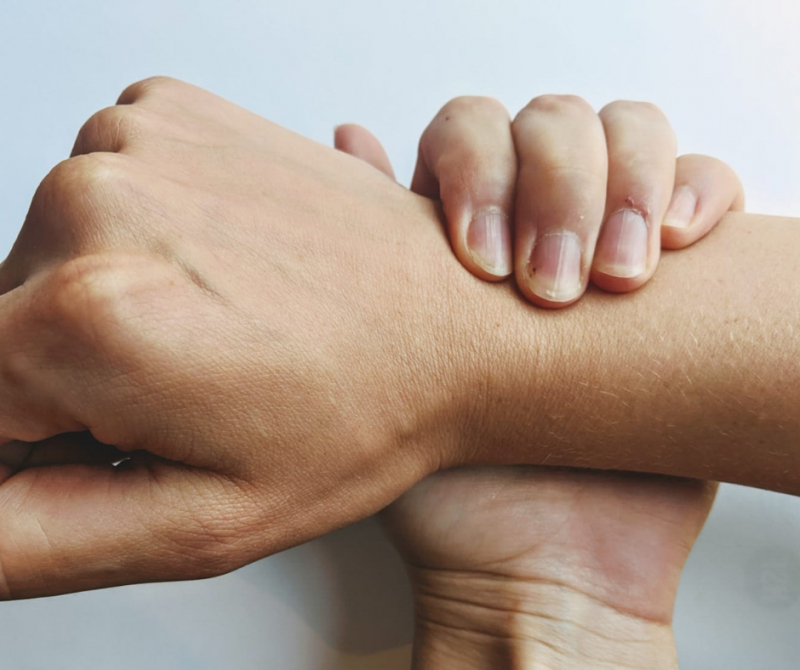
http://www.physiomaxwellness.ca/ 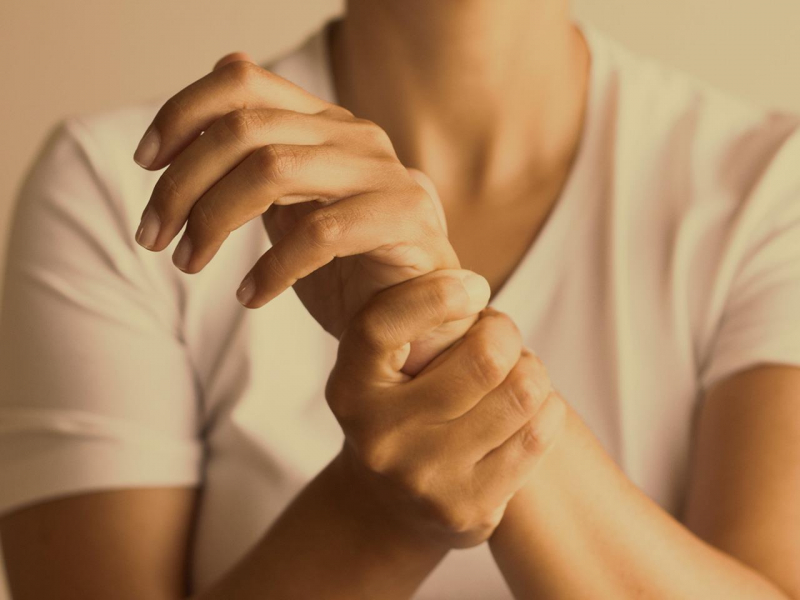
https://health.visualstories.com -
By 2009, "Cell Phone Elbow" had established itself as a well-liked moniker for the discomforts associated with prolonged smartphone use, as if Text Neck weren't enough. Actually, it was a new name for Cubital Tunnel Syndrome, which has been mentioned in medical literature at least since 1958.
The way it works—or doesn't work, depending on how you look at it—is that holding a smartphone for an extended amount of time strains the ulnar nerve in the forearm and occasionally moves it out of the way, putting it in danger of being destroyed. Although much less frequent before individuals started raising their arms up to their elbows to view smartphone screens at night, it is similar to carpal tunnel syndrome.
Again, workouts might be a lifesaver for those who want to avoid the surgical procedure known as Cubital Tunnel Release. As a prophylactic step, arm curls and overhead presses are recommended by Popular Science. Users who have already experienced some minor numbness or pain should start massaging their forearm and outer forearm vigorously.
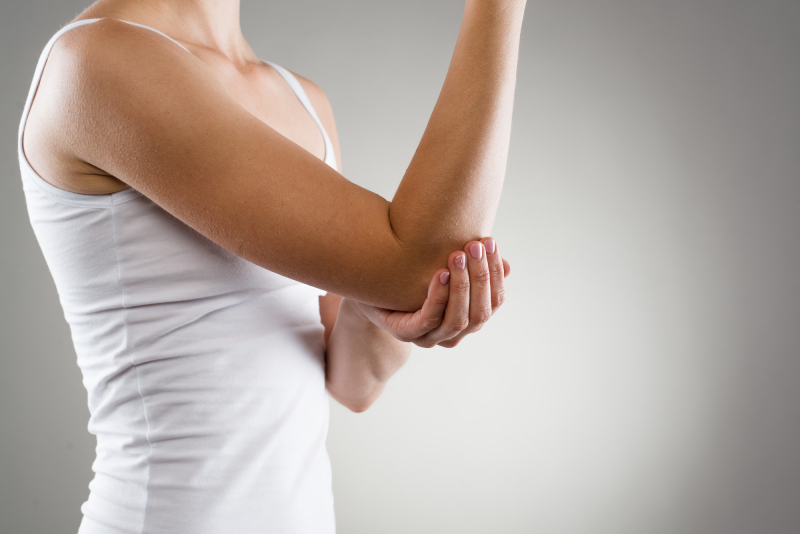
https://www.letsbegamechangers.com/ 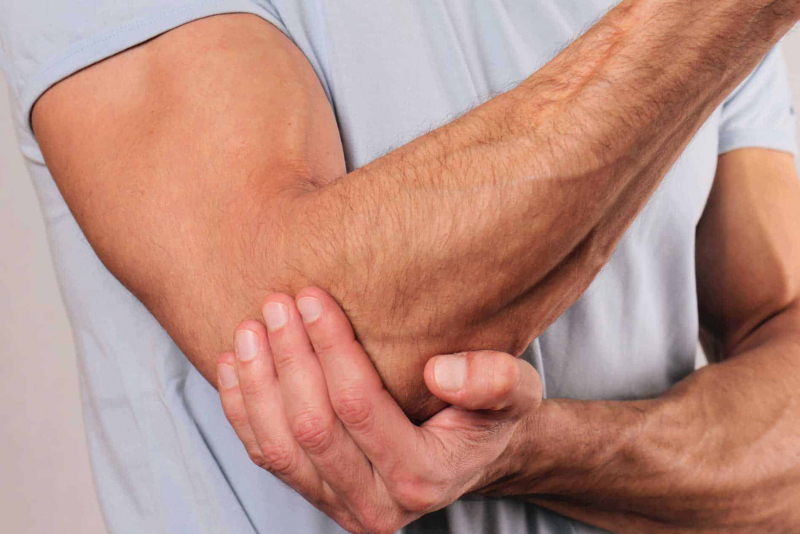
https://www.blackberryclinic.co.uk/ -
Given that government supported study into the topic first started in 2010, the negative effects of mobile devices on heart health are nothing new. Surprisingly, the study discovered that younger individuals in the control group frequently experienced the worst heart arrhythmia, palpitations, flutters, and other problems. The most frequent day of the week and time of day for cardiac arrests have altered as a result of the effects of cellphones, which have been described as being so strong.
People do want to issue a warning, however, as the findings suggest that behavioural changes are more likely to be the cause of the consequences than electrical device operations. According to a 2012 study published in the Annals of Medical and Health Science Research, electromagnetic processes in smartphones have little to no impact on hearts. Nevertheless, the US Food and Drug Administration advises anyone who has a pacemaker to always keep it at least six inches away from their smartphone.

https://sciencesensei.com 
https://www.businessreport.com/ -
A particularly scathing meme from 2016 showed a Pokemon Go user with an absurdly long neck that a Pokemon was riding on. As it turns out, the artist probably didn't intend for that to be so brutally accurate. The forward tilt of a smartphone user's head causes extra stress to be placed on the top vertebrae, according to a 2014 report by the Chartered Society of Physiotherapy. We're talking about a lot more pressure.
A model that The Guardian published described the results in detail: The strain increases by 125% when the head is angled down 15 degrees. It is roughly 233% greater at 30°. It is 400% higher with a 60° slant. Surgery may be necessary to alleviate the level of discomfort, numbness, and general dislocation that can result from this. A study indicated that difficulties began to develop for heavy users as early as puberty or even in childhood, according to the International Journal of Environmental Research and Public Health.
One remedy for this has been to use voice calls rather than text messages more frequently. Of course, holding the phone up to the user's ear might also have some bad impacts, as we saw in entries like #7. There are a few activities that can be utilised to alleviate the consequences for individuals who'd prefer to keep texting. For instance, "chest opening" entails clasping the hands behind the head and pushing the shoulder blades back for ten to twenty seconds. There are numerous yoga poses that are effective remedies as well. However, one could argue that all of this will consume the time that texting on a smartphone saves. Still, it's preferable to discomfort or surgery.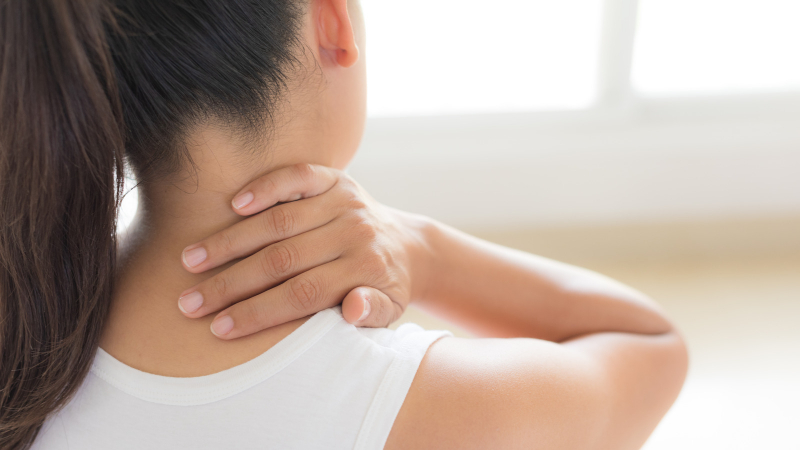
https://www.grunge.com/ 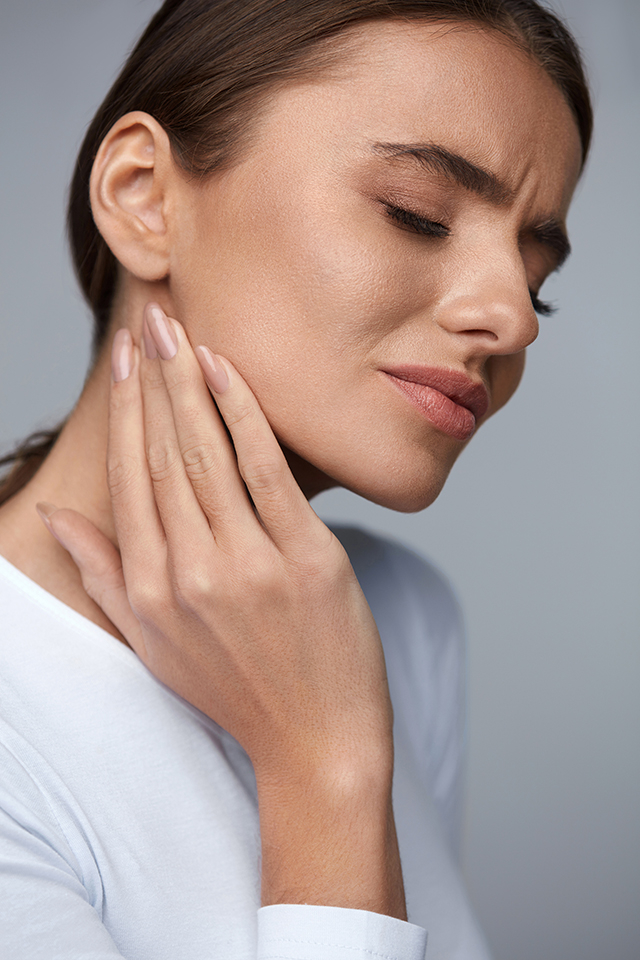
https://www.myselfcare.org/ -
If the idea of developing a smartphone habit is making you grit your teeth with dread, Tel Aviv University research has provided convincing evidence that many, if not most, heavy smartphone users can relate. The School of Dental Medicine at Tel Aviv University was in a unique position to test the theory. It was not difficult to find a sizable study sample of non-Smartphone users as many ultraorthodox Jews in Israel use more basic cell phones without access to social media sites.
According to a survey with 600 participants, smartphone users reported having teeth grinding at a rate of 45% compared to 14% of religious people, a difference of more than 200%. Furthermore, 29% of smartphone users claimed that it was bad enough for them to experience visible jaw pain, compared to only 14% of orthodox people. The injury was frequently severe enough to cause jaw joint damage. Toplist doesn't usually advise audience on matters of faith, but it is worth mentioning that many of the people in this group seemed to find orthodox Judaism to be a source of stress alleviation.
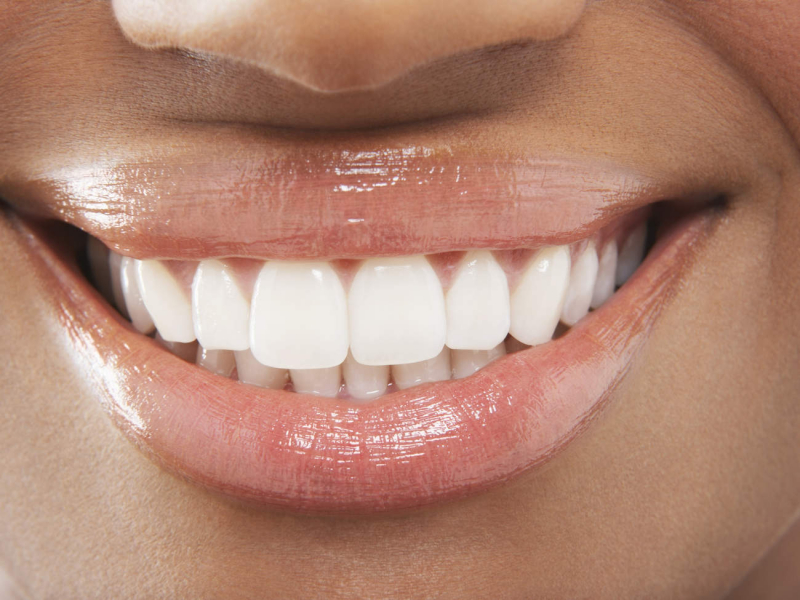
https://www.health.com/ 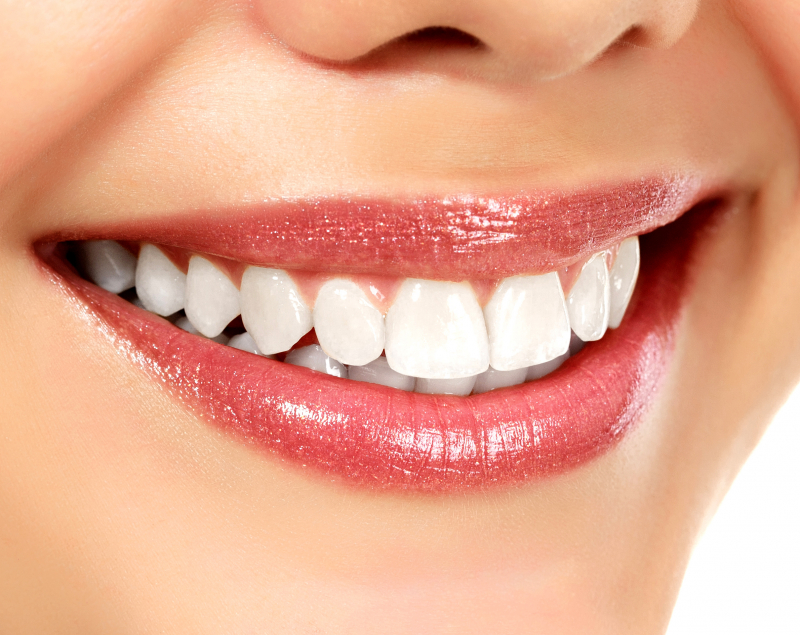
http://blog.safetykart.com -
It should come as no surprise that playing loud music straight into your ear canals puts your hearing in grave danger. However, according to research from the University of Arkansas for Medical Services, hearing loss can still occur even at modest volume levels. According to Dr. Allison Woodall, rather than the actual sound waves, using a phone for more than an hour a day can impair a listener's capacity to hear noises between 2,000 and 8,000 hertz, which encompasses a wide spectrum of human speech.
For people whose lifestyles make it impossible to simply decide to use a smartphone less, there are ways, just like with the other categories. Woodall urged people to utilize speaker phones or the hands-free feature to keep their phones away from their ears. Furthermore, according to studies, wireless bluetooth earpieces can reduce electromagnetic exposure by as much as 1,000%. According to Reuters, AirPods are an equally secure alternative.
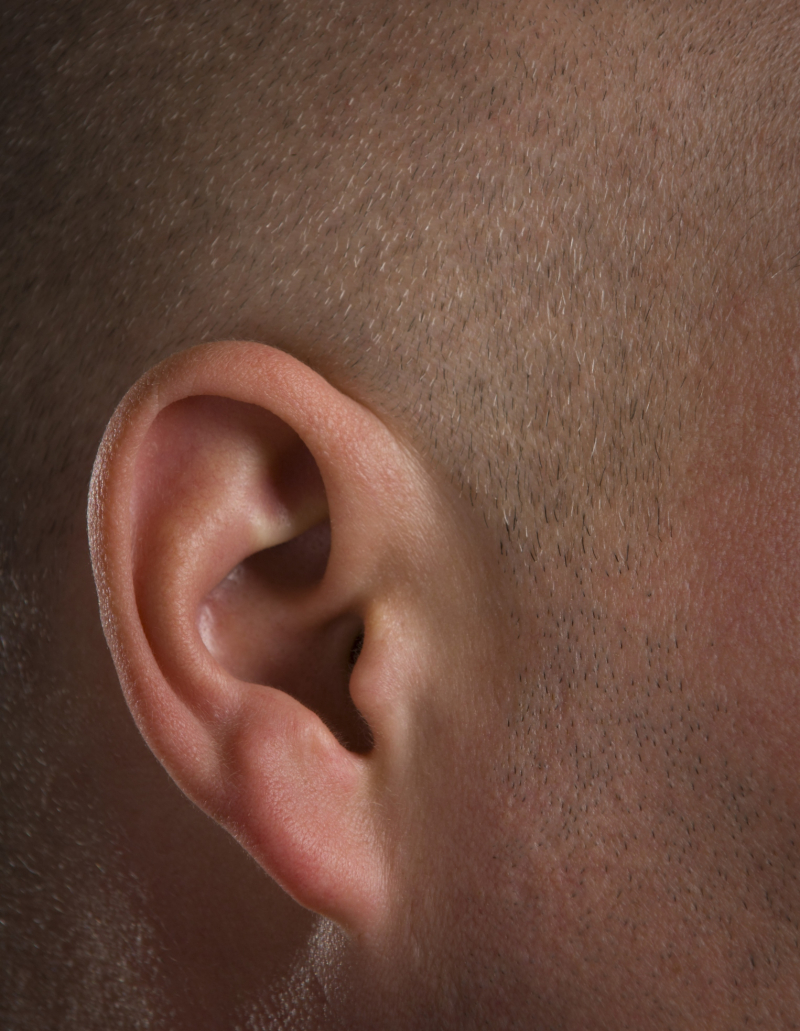
https://healthfully.com/ 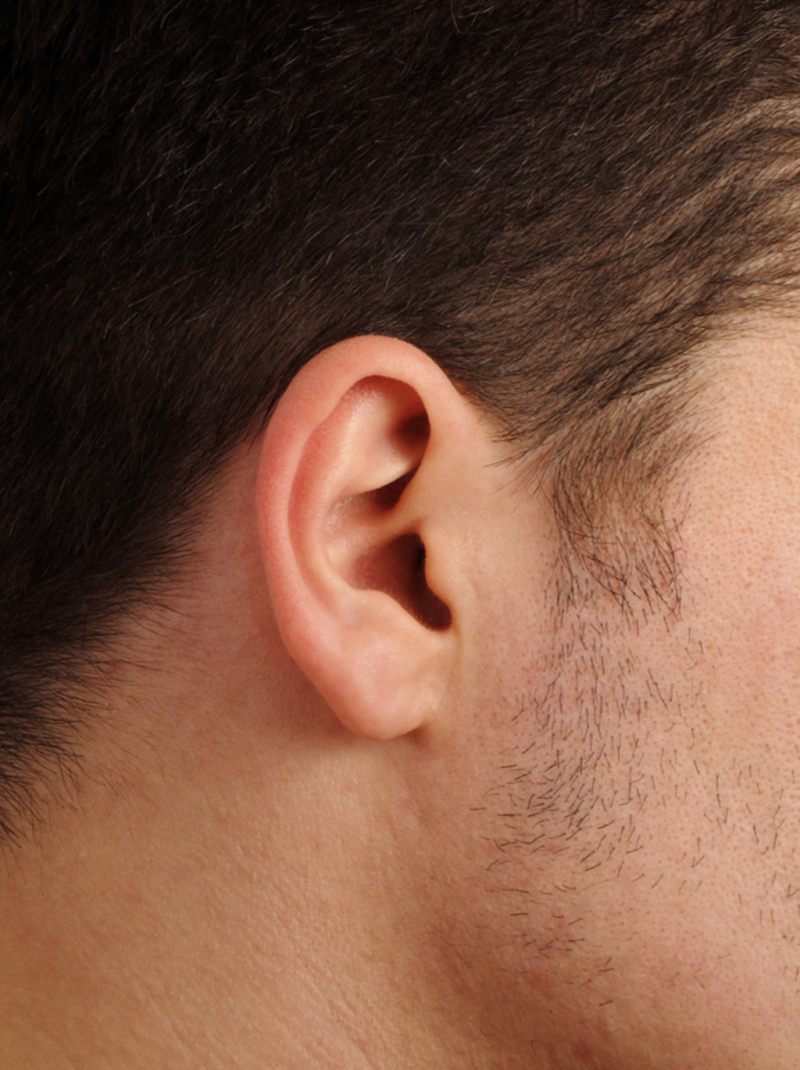
https://www.healthtap.com -
As you'll soon discover, data seems to suggest that the blue light from smartphone screens has adverse effects on other parts of the body as well, or possibly, as you might not see. In 2018, University of Toledo researchers investigated subjecting cells to blue light with shorter wavelengths. Retinal, a substance secreted by the eyes, was found to cause harm to some tissues while leaving other tissues unaffected. Given that damaged photoreceptor cells cannot be repaired, this could be disastrous for the eyes' photoreceptor cells.
Macular degeneration is the type of damage that blue light from smartphones is thought to exacerbate. People over 60 are most likely to have this disorder. Macular degeneration is the type of damage that blue light from smartphones is thought to exacerbate. People over 60 are most likely to have this disorder. Dr. Ajith Karunarathne has just provided a fantastic medical justification for our elder viewers who are reluctant to start using a mobile device.
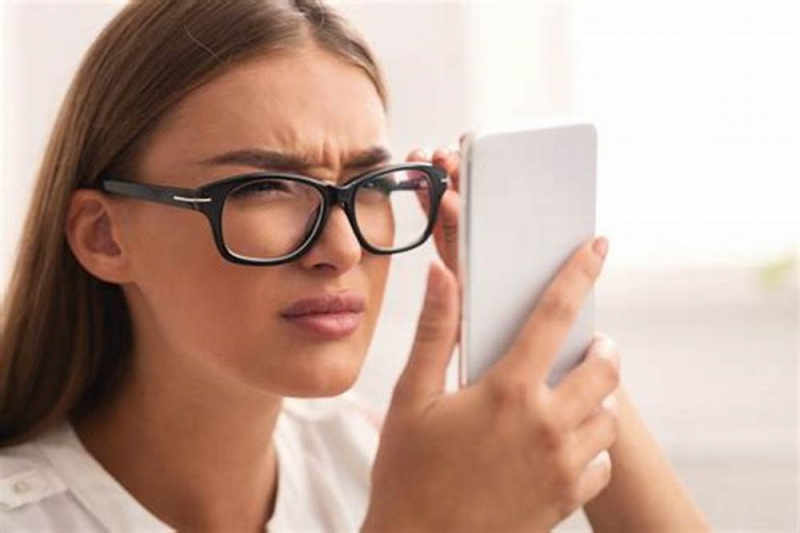
https://www.qualityeyecarejax.com/ 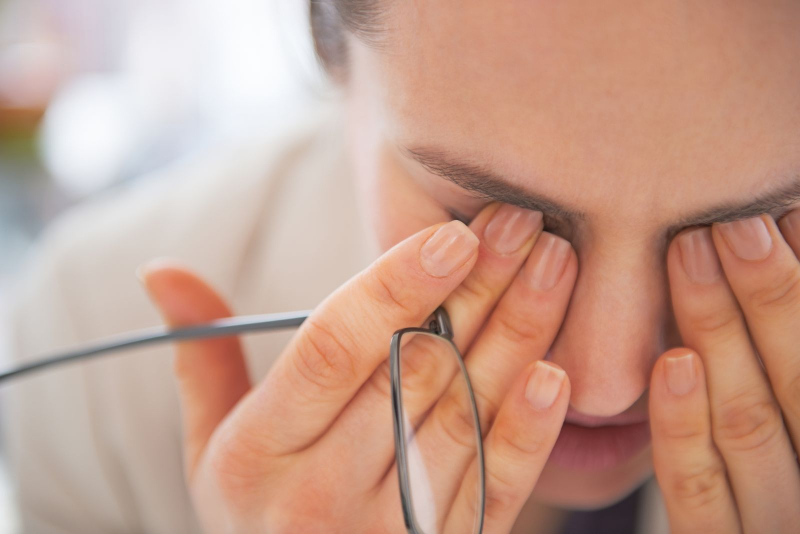
http://topprnotes.com -
The control of involuntary biological processes, most notably the heart's beating, is a function of the temporal lobes. They are the areas of the brain in epileptics that are malfunctioning during blackouts, chest aches, and other seizure-related symptoms. Economic Times reports that extended smartphone use has been found to worsen seizures. For epileptics, this is no little matter because among otherwise healthy individuals, there is a 0.1% annual risk of suffering from Sudden Unexpected Death in Epilepsy.
Fortunately, limiting phone talks under an hour in length considerably lessens the negative consequences, according to A. K. Sahani, the senior consultant for the Indian Spinal Injuries Center. Even for individuals who must use the gadget for that extended a period of time, employing earpieces rather than holding the phone up to the head is a largely successful way to avoid harming the autonomous systems.
Remember that a 2016 study published in the Iranian Journal of Basic Medical Sciences found evidence that prolonged exposure made mice more susceptible to seizures, indicating that even people who are not diagnosed as epileptics can suffer similar damage. This is important information for those who do not have epilepsy and believe this advice does not apply to them.
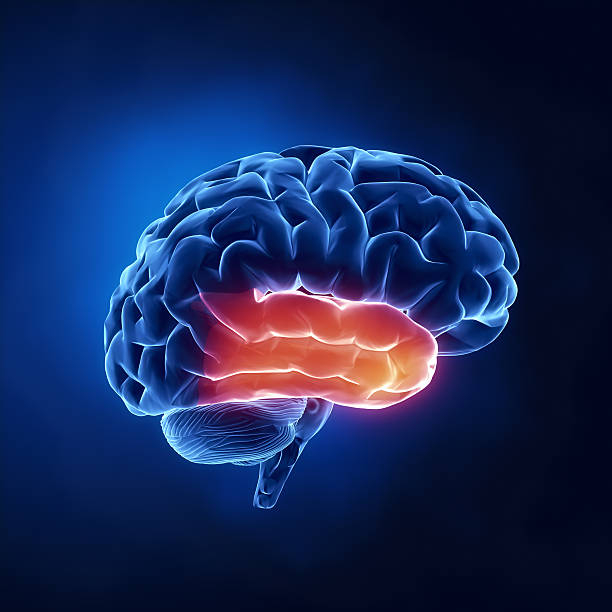
http://www.istockphoto.com/ 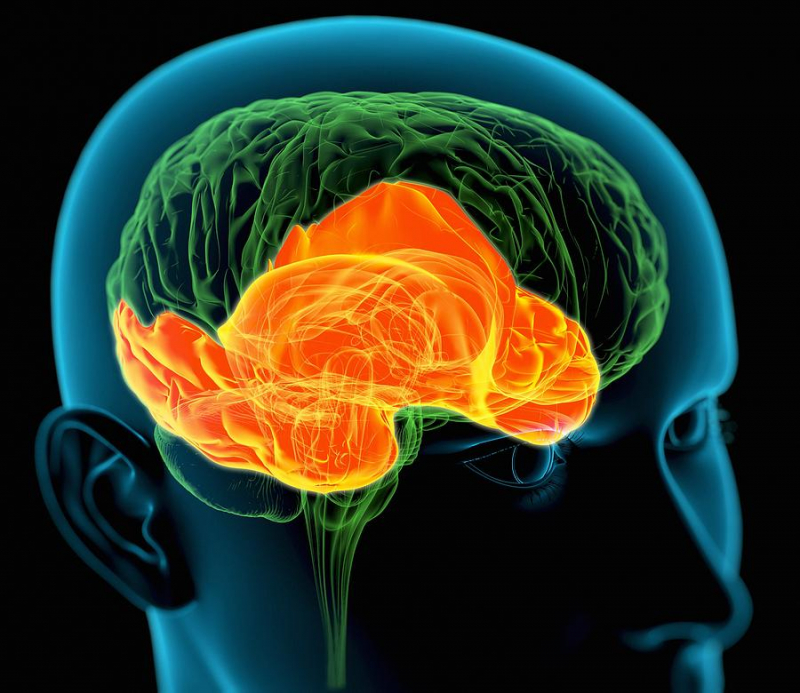
https://fineartamerica.com/ -
Numerous phones have more immediate harmful physical consequences than updates, which are known to have a detrimental impact on users' ability to unwind and go asleep. The blue light that appears by default on smartphone screens closely resembles the colour temperature of sunshine, which subtly alerts the pineal gland that it is daytime outside and prevents the release of melatonin, which promotes sleep. Even for many people who can receive the necessary amount of sleep in any case, a disruption in the chemical flow can result in daytime fatigue.
The good news is that testing shown that there are quite powerful countermeasures available for people who can't break the habit of using their smartphone in bed. According to a study by the American Academy of Optometry that was released in March 2020, putting a smartphone in night mode before going to bed reduced the effects' efficacy by roughly 93%. Furthermore, according to a Cleveland Clinic article on the subject, avoiding smartphone use even 30 minutes before night can counteract the negative impacts.
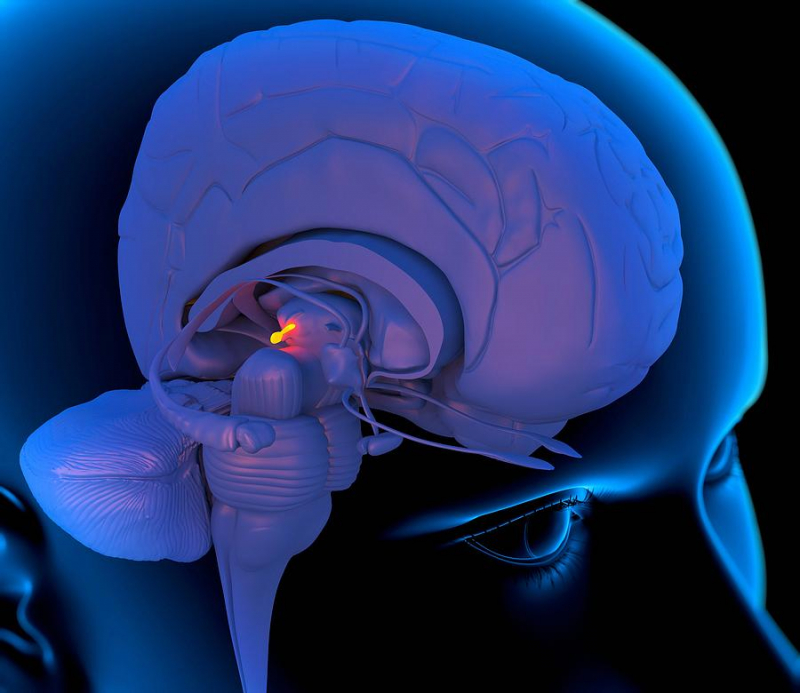
https://fineartamerica.com 
https://www.muscleseek.com/































